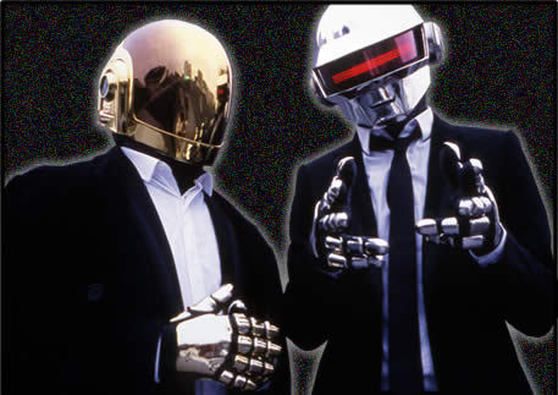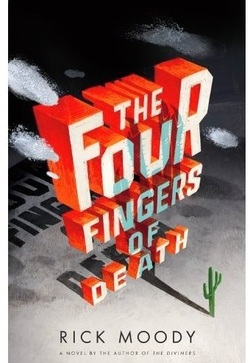They sat there all night, their eyes watering as they kept them open, not wanting to miss their opportunity. They took shifts, she watched while he slept and then vice versa. They saw what seemed like the movement of a star, but it was only the sun coming up.
Every night, wherever they were, they would look up at the night sky for a star to wish upon. Years passed wishlessly, and they got old and older. And finally, one night, just as they were about to give up on the stars, she saw one out of the corner of her eye, trailing a blaze past Cassiopea.
"Look," she said, and he looked. They made a wish and watched the star as it continued to fall, until it fell into Earth and crushed them.






 RSS Feed
RSS Feed
